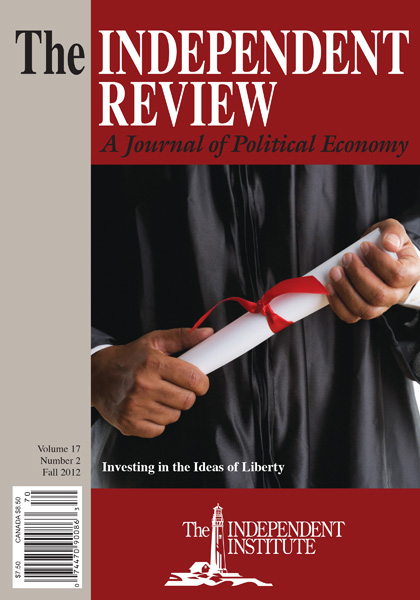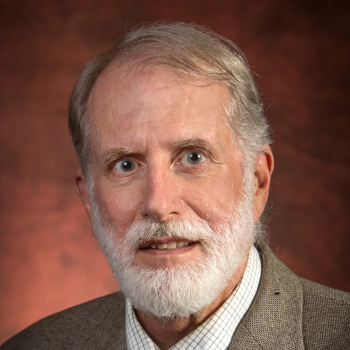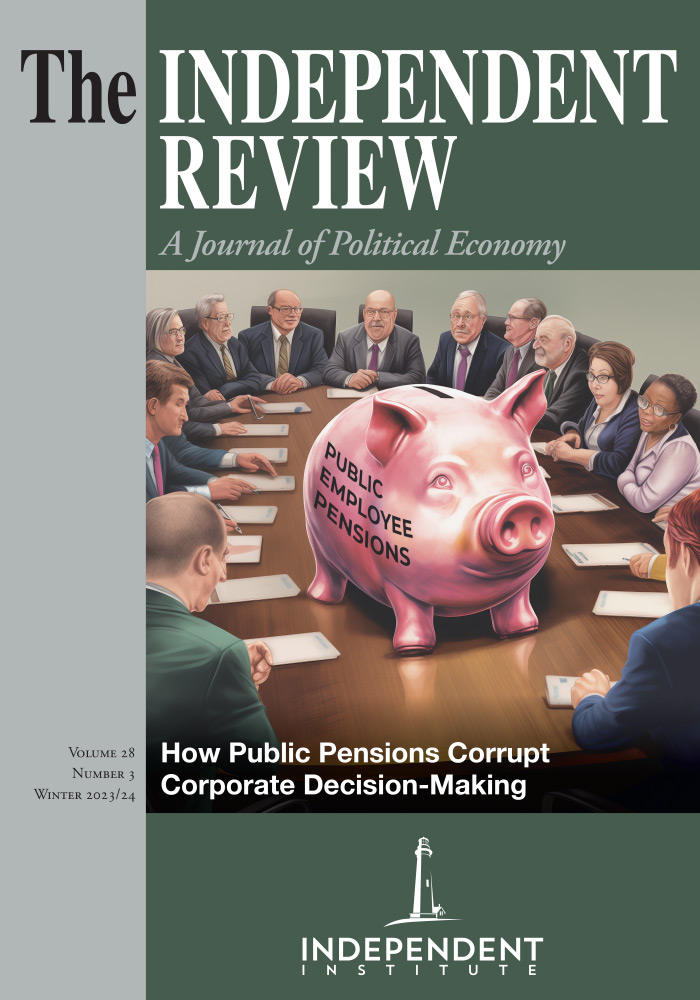Economic theorists often model the government as an omniscient benevolent dictator who is able and eager to correct market failures and move the economy to the optimal outcome. This assumption is false, of course, and economists must discard it if they aim to make their policy analyses relevant in the real world.
Article
Economic policy analysts typically specify a model that describes an optimal outcome—for example, an efficient allocation of resources, an optimal distribution of income, an optimal growth path, or an optimal macroeconomic outcome of stability with full employment and low inflation. Because economic models can become complex when they account for many things, all models employ simplifying assumptions to focus on one particular issue. Models that analyze policies to promote economic growth, for example, differ from models that describe the optimal distribution of income or the optimal policy for internalizing an externality (see Holcombe 1989). Nevertheless, the methodology is the same: develop a model that incorporates the particular issue, then show in the model the optimal result and identify what keeps the economy from producing the optimum. The recommended policy is one that should move the economy from a nonoptimal position to the optimal one by removing impediments to the attainment of an optimal outcome, by changing the incentive structure so that market participants trade to a Pareto optimum, or, where markets pose more difficult problems, by imposing regulations, government mandates, or government production to allocate resources optimally.
| Other Independent Review articles by Randall G. Holcombe | ||
| Spring 2024 | Privatize the Public Sector: Murray Rothbard’s Stateless Libertarian Society | |
| Winter 2023/24 | Rethinking Economics as Social Theory | |
| Spring 2023 | Generation Gap: Why Baby Boomers Still Dominate American Politics and Culture | |
| [View All (24)] | ||










